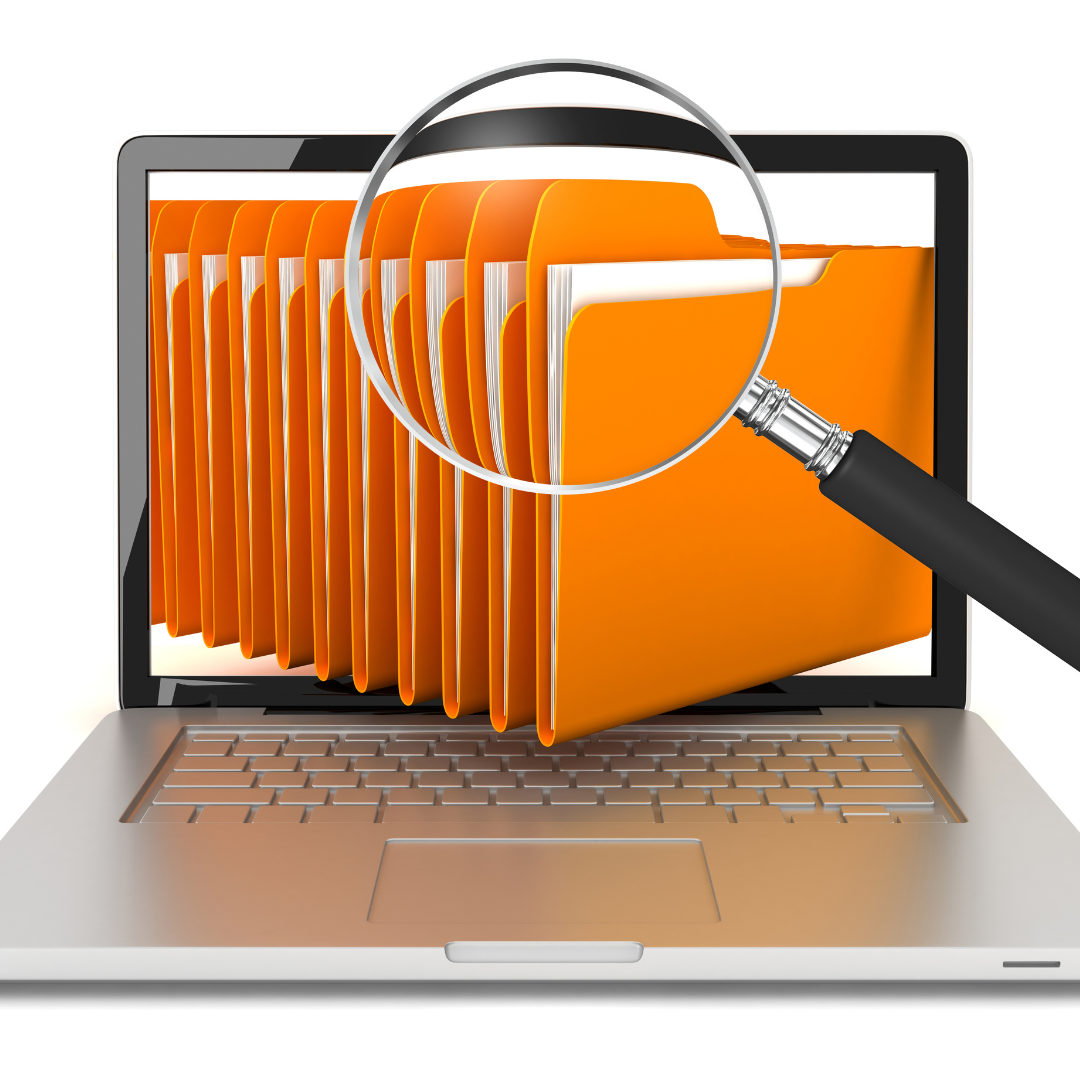Join America Back to Work, a weekly podcast, video, and blog series that covers timely and relevant topics affecting the labor market and workforce with industry experts. The series includes recruiting, hiring, retention, employee satisfaction, customer service, background screenings, and more.

Best Practices for Conducting Background Checks on Remote Workers
We’ve all heard the horror stories: a candidate who shows up for virtual interviews, gets the job, and a completely different person shows up on day one. Then there are those who schedule interviews and don’t show. But even worse are those who catfish—or someone who creates a fake identity to apply for and land the job.
Hiring remote workers—those who may never set foot in a physical office—is not for the faint of heart.
Here are some best practices for HR directors to consider when screening remote workers:
Understand Legal Requirements
Different jurisdictions may have varying regulations concerning background checks. Understanding and complying with the laws in the employee’s location, not just where the company is based, is crucial.
This includes adhering to the Fair Credit Reporting Act (FCRA) in the U.S., which governs the collection and use of employee background information.
- Resource: Learn more about adherence to FCRA laws.
Standardize the Background Check Process
To ensure fairness and compliance, standardize the background check process for all employees, whether they are remote or onsite. This standardization should cover which background checks are performed, such as criminal history, education verification, and employment history checks.
Use a Reputable Background Check Provider
Choose a background check provider with experience and a good reputation for conducting thorough checks for remote workers. If you are hiring globally, the provider should understand the nuances of international law and ensure the privacy and security of all collected data.
- Resource: The Professional Background Screening Association lists accredited background check providers.
Include Social Media Screening
For remote workers, social media can provide valuable insights into a candidate’s behavior and suitability for remote work. However, it’s important to conduct social media screenings ethically and comply with employment laws.
- Resource: For ethical social media screening guidelines, consult resources such as the SHRM screening guide.
Maintain Clear Communication with Candidates
Clear communication about the scope and nature of background checks is essential. Inform candidates about what checks will be done, why they are necessary, and how the information will be used. This not only helps in maintaining transparency but also aids in gaining the candidate’s trust and cooperation.
Recheck Backgrounds Periodically
Consider periodic rechecks for long-term remote workers to ensure continuous compliance and safety. Changes in an employee’s background, such as a new criminal record or financial status, can affect their role and the company’s integrity.
No More Catfishing
Conducting a background check on remote workers is integral to the hiring process. It helps minimize risks and protect the company’s interests. It prevents catfishing and no-shows and ensures a safe and compliant work environment.